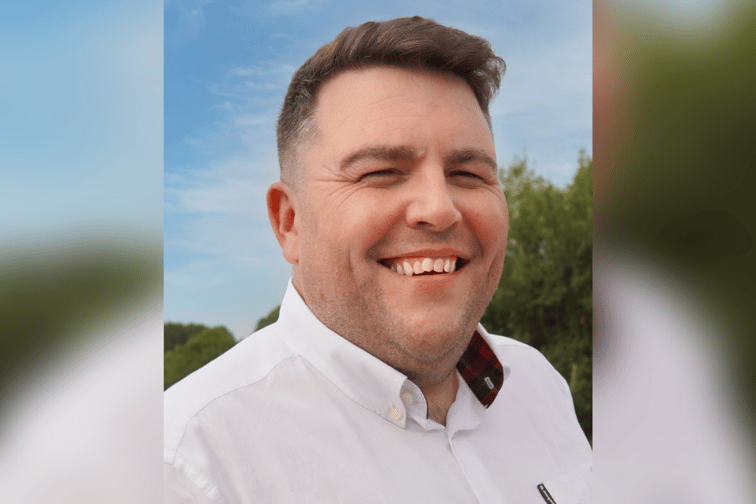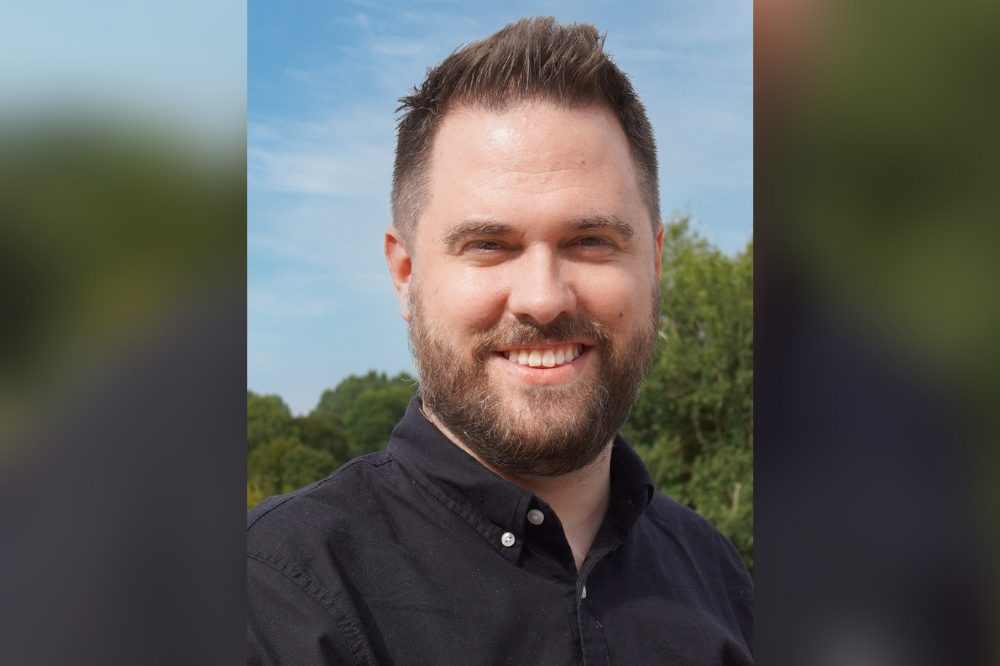

2021 was a ground-breaking year for the UK-based insurance agency hubb. It saw the usage-based challenger broker welcome Andrew Rear as chairman and Stuart Middleton as chief insurance officer, and acquire the insurance technology provider Digital Fineprint (DFP).
Now 2022 looks set to bring more of the same, according to hubb’s CEO Mark Costello (pictured above) and COO Ed Halsey (pictured below) with three themes remaining key to its ongoing success – talent growth, tech growth and acquisitive growth. These are areas of focus that have been at the heart of the business since its inception and tie in neatly to its core ethos – one of client and insurer value.
Costello, whose career to date has seen him take on roles with some of the biggest brokers in the UK, noted that hubb was founded on the view that the insurance market has changed, and not for the betterment of the client or the insurer. He believes that stress on the distribution value chain has created an opportunity for hubb to do something different to augment that distribution in a way that works for the insurers’ benefit as well as the clients’.
“We started right before the pandemic,” he said, “and what we support is the value chain from two different sides,” he said. “I’ve seen it from the business side and what I thought could be achieved there. And Ed has seen it as a vendor selling technology to insurance businesses and seen what actually is available in the technology world to make the whole value chain work better.”
Given its beginnings, a lot of what hubb has done and is doing ties into the wider market shifts being seen in light of COVID-19 - from using technology to make claims more efficient, to creating a work-from-home roadmap for staff. What the pandemic has done, Costello said, is validate the actions that he and Halsey believed would make the value chain work better and show that they are feasible.

Halsey, whose 15+ years in the industry have seen him work in various underwriting and tech-orientated roles for companies including some of the top insurers, highlighted that there is a fascinating curve occurring in insurance at the moment. Underpinning this, he said, is that the Financial Conduct Authority (FCA) has repeatedly implied that firms need to do a better job of disclosing commissions and earnings or else be helped along the road to doing just that.
He and Costello knew it was coming, he said, and the real question was what impact it would have on the clients that make up the insurance market when they knew the commissions they were paying. hubb did a study and 76% of the people the firm asked didn’t know what they were paying in commission.
“Now, that’s a damning indictment on our industry that we’re taking money and 76% of the people that we asked had no idea what they were paying,” he said. “If you don’t know what you’re paying, you can’t assess value and that’s a really important thing. And that’s what usage-based models do, they completely flip that on its head. They enable the customer to assess value, and then enable them to budget themselves in terms of [questioning] ‘is that something I want to do? Is that worth my while? Or is it not?’”
Conversations across the insurance sector have posed the question as to how to make insurance ‘loveable’ again, Halsey said, and the key to doing that is first and foremost about transparency. Insurance professionals need to start proactively declaring their commissions to customers and telling them about that. Another interesting element of the study that hubb conducted revealed that 90% of those surveyed – of the 76% who had no idea what they were paying – said they thought 5% or less was a reasonable commission for the service they were getting.
“Now most of those people will be paying 35 to 40% for the service that they’re actually receiving,” he said. “And when the FCA inevitably make that announcement, a lot of people are going to be upset. So, what Mark and I looked at was, how can we get ahead of that curve? How can we look at the impending storm that’s coming in and get ahead of it? What’s the model we can put in place that enables us to align value with the price that the customer is paying? And that’s ultimately how hubb was conceived.”
Last year saw remarkable success and growth for the firm, and proved the value of its offering within the industry as it was able to onboard esteemed insurance professionals and successfully apply its value proposition to the insurance marketplace. Its acquisition of DFP was another example of this, noted Costello, and hubb has seen that the client market is responding well to what it is offering.
“The insurance industry, for all its faults, is full of really talented people,” he said. “But I think we have lots of really talented people doing mundane tasks that are a waste of time. If we can get rid of all of that, I think the really interesting part for ourselves as we grow is we’ll be able to attract the most talented people because if you give the best talented people the tasks that they like to do, I think it makes their job much more interesting.”
